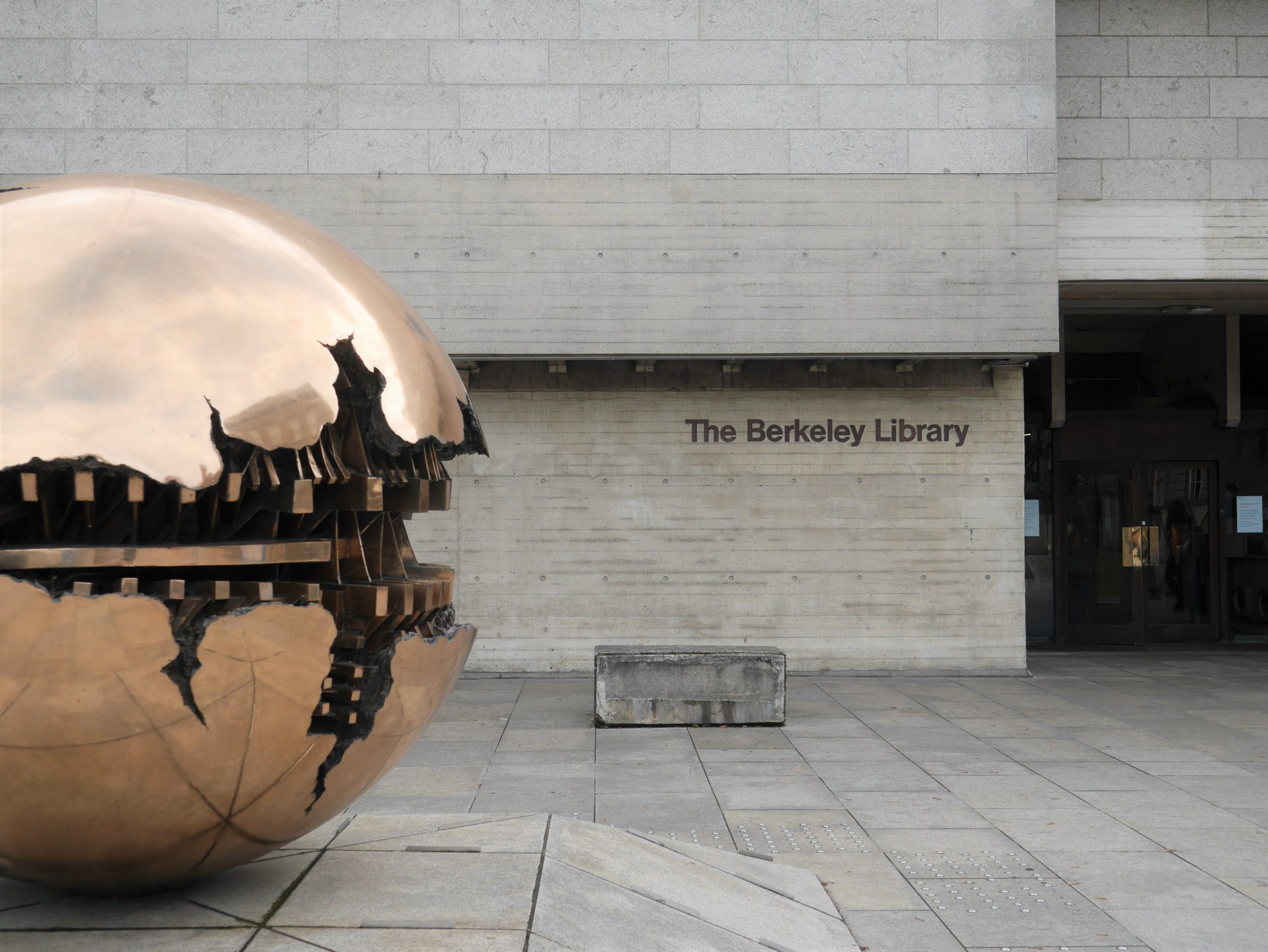Trinity lecturers have pushed back against criticism for “re-using” last year’s lecture recordings.
At the beginning of term, the University Times (UT) reported: “lecturers from at least five schools are re-using lecture videos recorded last year for classes this term.”
UT reported that lecture recordings by the schools of English, Chemical Sciences, Engineering, European Studies and Biological Sciences, created in the 2020-21 academic year, are provided to students this year on Blackboard.
Several academics from Trinity and other higher education institutions responded to the UT article on Twitter, challenging the implication that the use of older lectures undermined the quality of teaching.
Justifying the use of last year’s lectures, academics highlighted that lectures do not always change year to year, that online content was time-consuming to produce, and that hybrid learning has benefits for students.
Dr Juan Diego Rodriguez-Blanco, Ussher Assistant Professor of Nanomineralogy in the School of Geology, asked: “If the quality of the lecture is good, does it matter whether it was recorded in 2020 or 2021? Today lots of people watch online lectures by given academics that were recorded years ago.”
Dr Jennifer Daly, Research Strategy Officer in the Office of the Dean of Research, said “this really bothers” her. “Lectures take ages to prepare in non-pandemic times.”
“Barring a discipline-altering discovery the content will not change greatly from one year to the next. Nobody would know notes were being reused if they were in real life.”
Dr Lewys Jones, Ussher Assistant Professor of Ultramicroscopy in the School of Physics, wrote: “Last year my videos took me about 5 hours to produce per lecture including the preparation, recording, editing, and manual subtitling.”
Academics acknowledged that not all video content would be transferable. PhD student in Trinity’s Institute of Neuroscience Arnas Petrauskas said: “Lectures that are still up-to-date can be reused, while where there are new developments those should be updated/re-recorded.
He noted that “this was the case with slides before the pandemic too” and “recorded lectures allow for flipped classroom, more discussions, etc”.
Other academics spoke to the unique circumstances of the pandemic. Professor of Modern British Literature and Culture in the School of English Darryl Jones said: “It’s ill-informed and profoundly unhelpful. We are all – students and staff, academics and others – doing our best under unprecedented and extremely difficult conditions.”
Mark Sweetnam, Assistant Professor and Director of Undergraduate Teaching and Learning in the School of English said: “No one argues that things are perfect this year, but the negativity of coverage from outlets that should know better is disappointing and discouraging.”
Dr Sinéad Corr, Associate Professor in the Department of Microbiology, added: “This semester we are delivering [face to face] while streaming live online and also posting the recorded lecture.”
“Interestingly the most common question I have received so far from students is whether lectures will be recorded in case students can’t attend for whatever reason.”
Dr Thorfinnur Gunnlaugsson, Professor in the School of Chemistry, wrote: “We will be, where possible due to numbers and size of theatres, in front of our students soon! This debate undermines the hard work of academics and the restrictions we have had to work around.”
Speaking to Trinity News, Stefano Sanvito, Professor of Condensed Matter Theory in the School of Physics said he “understand(s) the concern”, but “technology has given us tools…to make the student experience better”.
Lecturers are not availing of technology because it is “more convenient”, Sanvito said, and “our time is going up, not down”.
Sanvito has adopted a hybrid approach to teaching this year, believing that “balance” is important. “Some classes are better in person” while others are “better online”.
Of the two senior sophister modules Professor Sanvito is teaching, one will be entirely face to face, while the other will be hybrid, with lectures online and tutorials in person.
Since the content is “the same as last year”, and lectures do not have “huge engagement”, Sanvito believes that using pre-recorded lectures is often a better means of delivering content to students.
Sanvito will also provide an “additional optional lecture” as “supplementary” material which explains the content in a different way, to further aid students’ understanding. He also holds office hours each week.
By adopting the hybrid approach, Sanvito’s contact hours with students are “much more valuable”, since time in the classroom is devoted to problem solving. The physics professor’s total contact hours will be “almost identical to pre-covid”.
“In doing so, students will be able to go over lectures multiple times and will get the full interaction when it really matters: when solving problems,” Sanvito added on Twitter.






